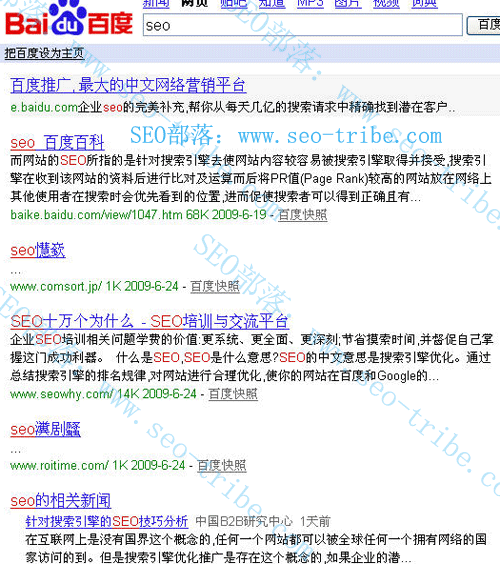Baidu Algorithm Change - Attempt to Move Towards a Global Search Engine
By Long Ge
As Microsoft and Google strengthen their entry into the Chinese market, Baidu, as China's leading local search engine, has finally issued a challenge. In June, facing the launch of Microsoft's Bing search engine, Google took the first step by inserting advertisements in local entertainment programs and CCTV’s Movie Legends. In order to capture the Chinese market, although Google encountered setbacks later (Google was condemned by the Internet Reporting Center), it eventually made a statement of correction. Bing, on the other hand, showed a strong posture and gradually occupied every inch of the search engine landscape. Today, we also see the hope of our local search engines, which is Baidu's attempt to challenge the world.
In late June 2009, we found traces of foreign websites on the search result pages of Baidu's search engine. This phenomenon appeared in the search results of multiple IT and computer term-related keywords, such as SEO and SEM. The server IPs of these foreign websites are mostly from Japan. Such a phenomenon would have been impossible in the past, but now it has indeed happened on Baidu. Does this mean that Baidu is attempting to improve its algorithm or further expand its information acquisition channels, so as to go beyond China and move towards the world? To become the dominant force in the global search engine market.
Relevant data link: Search engines of various countries
For the first time, foreign websites appear in Baidu's search results as the leader of China's local search engines.
Regarding Baidu's search engine, I have already mentioned in my previous article "Comparison of Functions of Four Major Search Engines" that, in comparison, it has no advantages in terms of functions. I hope that this change in Baidu's algorithm can truly help it take a new step forward in functionality, making it more user-friendly and truly becoming the dominant force in the global search engine market.




